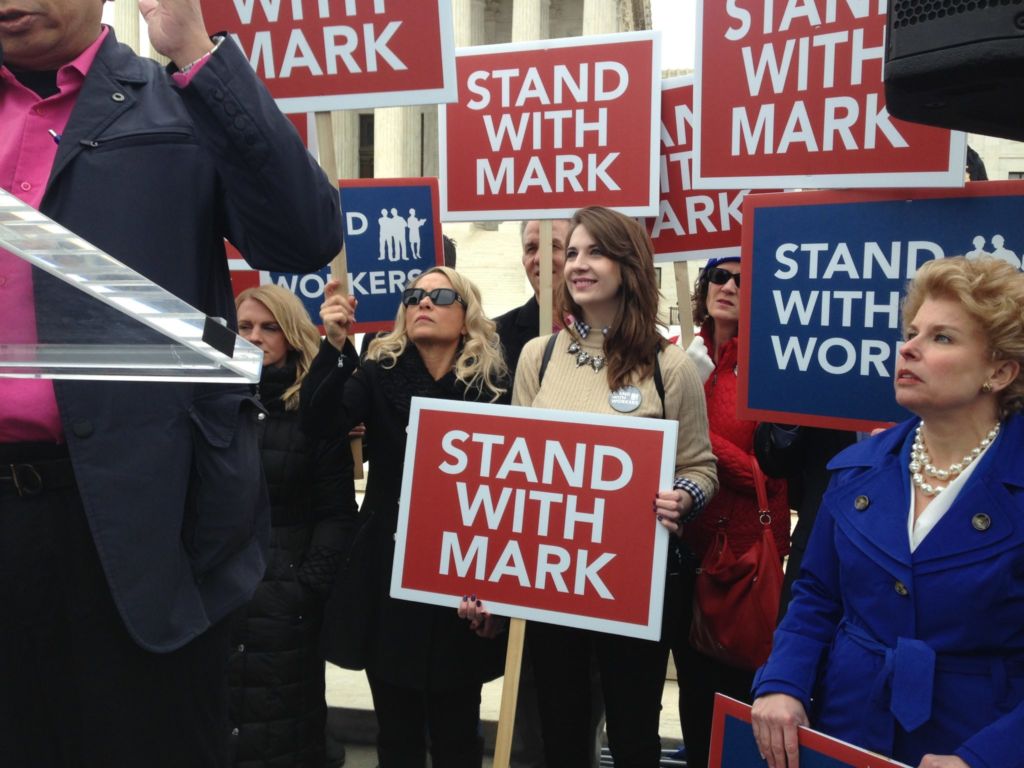Celebrating the 5-year anniversary of restored freedom of association
Five years ago today, a multi-year effort started by the brave veteran teacher Rebecca Friedrichs finally concluded, freeing all public-sector employees from financially supporting a government union as a condition of working in public service.

Decided by the U.S. Supreme Court on June 27, 2018 — remarkably Mrs. Friedrichs’ birthday — Janus v. AFSCME restored the First Amendment rights of government employees (including teachers) involving union membership and freedom of association.
The High Court ruled in favor of Mark Janus, a child support specialist at the Illinois Department of Healthcare and Family Services, who challenged the American Federation of State, County and Municipal Employees (AFSCME) over forced agency fees he was paying the union — despite not being a member. Additionally, the union was spending a good amount of the money it collected on political causes that Janus morally opposed.
The landmark decision by SCOTUS impacted millions of public-sector employees across the country, restoring their voice and choice when it comes to union membership and where their hard-earned dollars go.
More than one million workers in 22 non-right-to-work states (of which Minnesota is one) are estimated to have opted out of paying union dues since Janus, reports the Mackinac Center for Public Policy. As I wrote here, Education Minnesota — the state’s teachers’ union — continues to lose members. (Are you an educator interested in learning more about your union membership options? Check out EducatedTeachersMN.com to learn about the upcoming September opt-out window.)
As we reflect on this monumental victory for public employees’ freedom of choice, there are still teachers and other civil servants unaware of the Janus decision and the choices now available to them. Here are some quick facts to please share with an educator you know:
- A teacher’s contract, seniority, tenure, and health insurance are not dependent on union membership.
- A teacher’s pension is not impacted by union membership.
- Excellent liability insurance is available outside of union membership for a fraction of the cost of dues and without the politics.
- A teacher’s employer cannot discriminate against him/her based on union membership status.
- A teacher is not a “freeloader” for exercising his/her rights. Teacher unions fought for — and won — the right to represent all employees within their bargaining unit, regardless of union membership status. Union could lobby to change their exclusive representation rights that are in law, but if they wish to maintain the monopolistic privilege of exclusive agency, they create the “free rider” claims so often complained about.